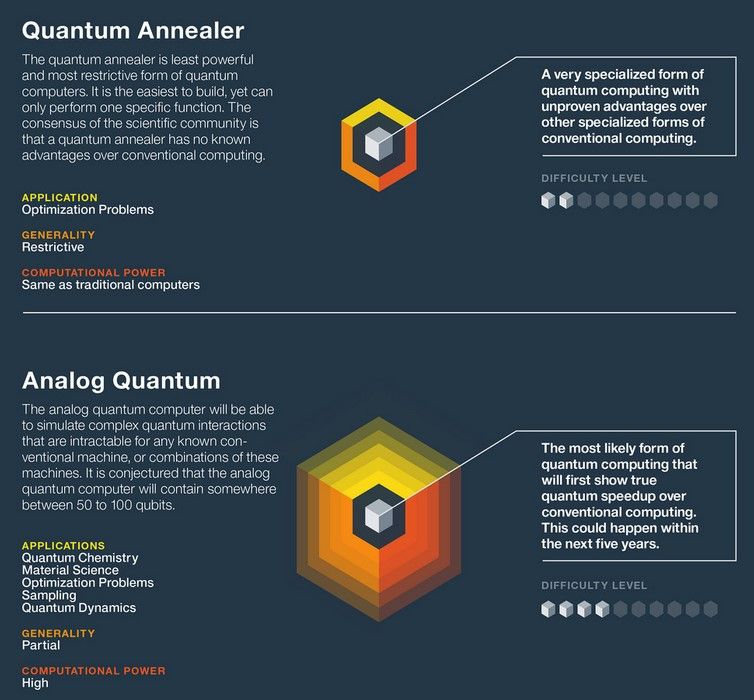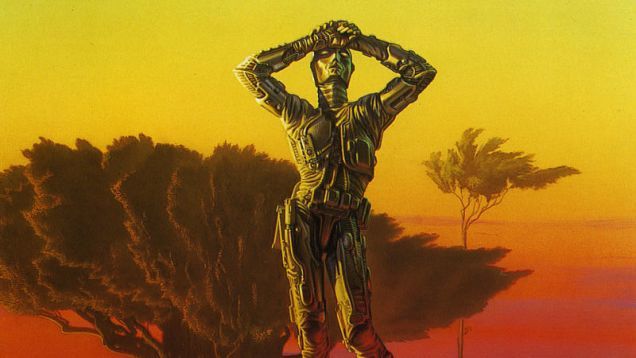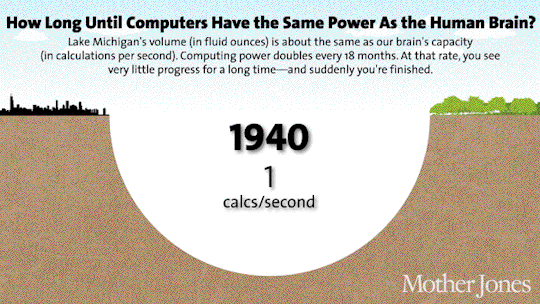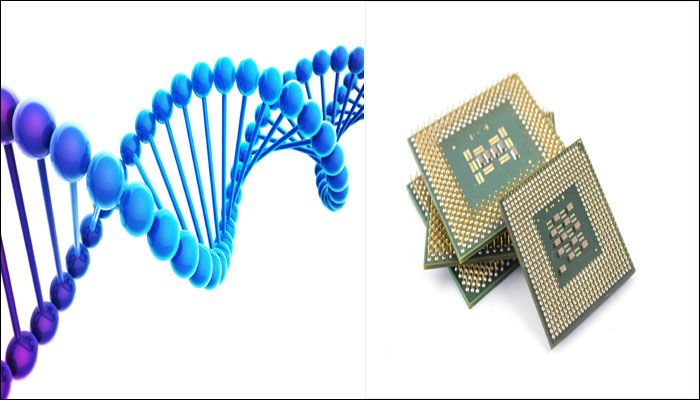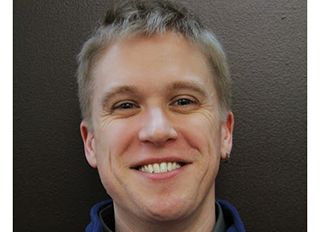Mar 14, 2016
Quantum Computers And Their Applications [INFOGRAPHIC]
Posted by Karen Hurst in categories: computing, particle physics, quantum physics, robotics/AI
Interesting position that IBM is taking with Quantum Computing. The one challenge that was highlighted in this article around unstable particles actually has been in the process of being resolved by Charles Marcus and colleagues at the University of Copenhagen’s Niels Bohr Institute; Univ. of Copenhagan’s report came out a few weeks ago and it may be a good thing for IBM to connect with the University so they can see how this was resolved.
Also, I don’t believe that we have 3 uniquely different platforms of Quantum as this article highlights. Trying to state that a D-Wave Quantum Computer is not a full Quantum platform or less of a Quantum Platform to is not a fair statement; and I encourage others to pull back from that perspective at this point until Quantum Computing is more evolved and standards around the platform is well defined and approved by industry. Also, the Gartner graph in this article is not one that I embraced given the work on Quantum is showing us the we’re less than 10 yrs away for it in the mainstream instead of Gartners graph showing us Quantum will require more than 10 years to hit the mainstream. And, I saw some of missed marks on Bio-sensors and BMI technology taking more than 10 years on the Gartner graph which is also incorrect since we hearing this week announcements of the new bio-chips which enables bio-sensors and BMIs are making some major steps forward with various devices and implants.
The 3 Types Of Quantum Computers And Their Applications by Jeff Desjardins, Visual Capitalist
Continue reading “Quantum Computers And Their Applications [INFOGRAPHIC]” »
